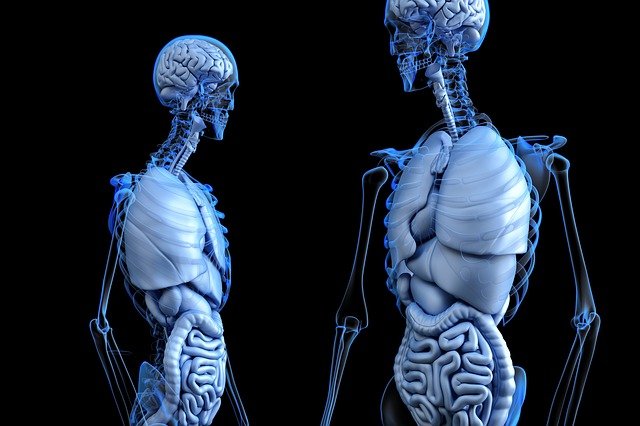May 19, 2022 – In 2018, David Elliot, an 83-year-old retired international businessman, was diagnosed with Alzheimer’s disease. His health care providers encouraged his wife, Susan, to join a caregiver support group and encouraged David to join a group for patients as soon as possible.
The Elliots had been told that if such care wasn’t started early, a person with Alzheimer’s could become “set in their ways” and decline more quickly, Susan says. So they began searching for the right support but couldn’t find the services they needed.
“We didn’t know what to do or where to go,” Susan says. “Should we give up?”
Fortunately, they were referred to Together Senior Health, which offers a cognitive health program: Moving Together, dedicated to reducing the impact of memory loss, Alzheimer’s, and other dementias for older adults and also relieving the stress that caregivers have.
“It is a very rounded program, it’s suitable for people with different types of dementia, including Alzheimer’s disease, which is what I have – and it has helped me tremendously,” David says. “We look forward to it and look forward to carrying on with it in the future, because the biggest problem I see with Alzheimer’s is that there doesn’t seem to be an end in sight.”
A Holistic Approach
Together Senior Health’s program improves cognitive health through an array of approaches, including movement, mindfulness, body awareness, music, social connection and community, and sense of purpose, according to Cynthia Benjamin, CEO of Together Senior Health.
In people living with Alzheimer’s, parts of the brain are hampered, but other parts continue to work well, says Deborah Barnes, PhD, chief science adviser of Together Senior Health. People with Alzheimer’s and other dementias continue to be able to “experience joy, happiness, and connect in meaningful ways with others.”
Something else that continues to be “preserved well” in the brains of people with Alzheimer’s and dementia is the “muscle memory part of the brain – meaning that people can maintain movements to support daily function if those movements are repeated, because the brain learns through repetition,” Barnes says.
The group setting of Moving Together fosters the sense of social connection, and the movements support daily function. The program also offers mindful body awareness, which “helps bring people more into awareness of the body in the present moment, which can be calming in people with dementia. This is an integrative program that combines all these elements into a neat package,” Barnes says.
Benjamin describes the program as a “holistic approach” because it applies neuroscience, treatment without drugs, and psychology “to strengthen cognitive health” and because it addresses so many areas of life.
Accessible, Affordable, and Advancing Research
Those who enroll are assigned to groups that meet virtually twice a week for 1-hour sessions. The sessions are livestreamed, so participants are engaging with each other and with the instructors in real time.
David and Susan say they are grateful they could use the program via video during the pandemic, when everything was shut down. They had been taking part in this program, as well as other in-person activities for people with Alzheimer’s, before then, but the other activities were not available during the lockdown.
“David looks forward to the consistency and the twice-a-week meetings,” Susan says. “At first, he blew off some of it because he wanted something more physical, but he now understands the concepts, the breathing, and how it’s all coming together to help him.”
The program is available to seniors through their Medicare Advantage plan, and those who do not have this plan can self-pay if they would like to participate. Together Senior Health is also working with major institutions, such as the National Institutes of Health (NIH) and the University of California, San Francisco, to continue research into this program. It’s free to take part in the study. People who are interested can check to see if they’re eligible here.
No ‘One-Size-Fits-All’ Solutions
Heather M. Snyder, PhD, vice president of medical and scientific relations at the Alzheimer’s Association, says her group made it a priority to fund research into this program and other “risk reduction interventions — especially lifestyle-based interventions – because they have great potential both for prevention of dementia and/or cognitive decline and improving quality of life for those living with cognitive decline.”
She described the Together Senior Health study as a “unique program that aimed to evaluate these types of strategies and test specific intervention tactics.”
But, she says, lifestyle-based risk reduction programs “are unlikely to be ‘one-size-fits-all,’ so it is important to investigate and verify a range of programs that capitalize on local customs, traditions, and resources.”
She recommends that people with Alzheimer’s, dementia, or cognitive decline, or people caring for others with those conditions, talk to their health care providers about what type of intervention might be the best fit.
“Evidence suggests that being physically active, even after cognitive decline, provides better health outcomes and higher perceived quality of life,” Snyder says.

